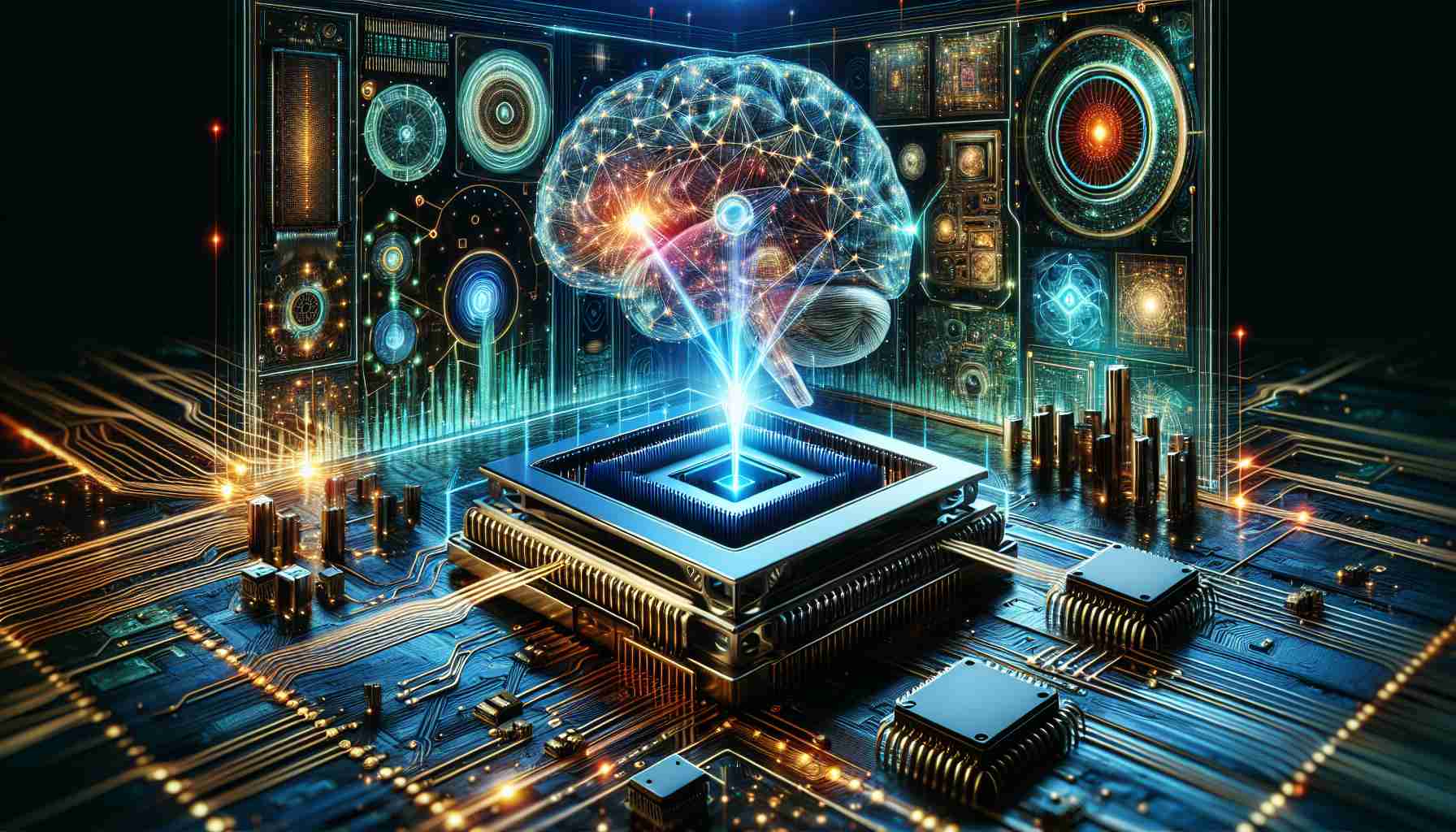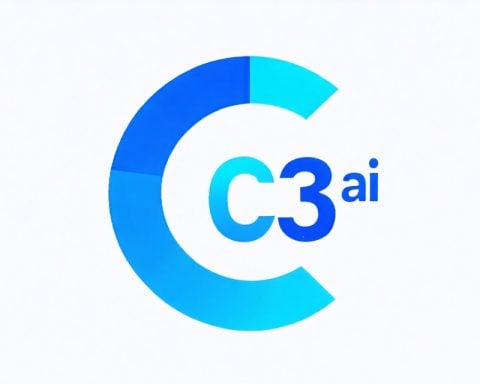The AI technology surge has positioned Palantir and Nvidia as standout performers on the S&P 500 this year. These companies are coming up right behind Vistra, a utility business thriving on the anticipated skyrocketing electricity demand needed to power AI-driven data centers.
Distinct Business Models
Despite sharing a focus on AI, Nvidia and Palantir have entirely different business strategies. Nvidia’s dominance is in the realm of fabless semiconductors, particularly data center GPUs — cutting-edge chips adept at handling AI software. Holding an impressive market share, Nvidia has seen success with its innovative Blackwell chips, sustaining a competitive edge with its robust CUDA software platform. Traditionally strong in gaming and autonomous vehicle chip markets, Nvidia now leads in the AI-driven data center segment.
Conversely, Palantir, birthed from U.S. intelligence work two decades ago, excels in cloud software and data fusion technology. With a strong foothold in government and commercial sectors, Palantir’s Artificial Intelligence Platform (AIP) is spearheading growth by allowing users intuitive data access akin to a large language model.
Comparative Financials
Nvidia’s stock surge aligns with spectacular revenue and profit growth, evident from its latest quarter showing a staggering revenue increase of 122% at $30 billion. In contrast, Palantir, though smaller, reported a 30% rise in revenue and increased operational earnings.
Valuation Landscape
Both Nvidia and Palantir are trading at premium valuations. Nvidia holds a price-to-sales ratio of 36, while Palantir stands at 55. Nvidia’s price-to-earnings ratio is also more modest than Palantir’s.
Despite both companies being promising AI investments, Nvidia appears to present a more secure opportunity for investors.
The AI Revolution: New Opportunities and Challenges for Global Economies
The rapid expansion of AI technology is reshaping industries, impacting lives, communities, and countries worldwide. As companies like Palantir and Nvidia leverage AI’s potential to enhance their business models, it’s worth exploring the lesser-discussed aspects of this transformation. Herein, we delve into how these innovations affect society and what advantages and disadvantages they entail.
Impact on Employment and Skills
AI’s proliferation is set to revolutionize the labor market. While AI technologies streamline processes and drive efficiencies, they also pose a threat to traditional jobs. Many roles once deemed secure may disappear, requiring employees to adapt or reskill to stay relevant. The emergence of AI-centric jobs could lead to profound changes in employment patterns globally.
On the flip side, the demand for AI specialists, data scientists, and cybersecurity experts is skyrocketing. This shift necessitates comprehensive education and training programs to prepare the future workforce. Countries prioritizing skill development in these areas are poised to capitalize on the new opportunities AI presents.
Ethical and Privacy Concerns
AI’s rise has sparked significant debate over ethics and privacy. As AI systems become more integrated into daily life, questions regarding data security and privacy intensify. The collection and analysis of vast amounts of data can lead to privacy infringements if not managed properly.
Organizations handling AI technology must ensure transparent and ethical use of data to build trust with users. Implementing robust data protection measures is crucial to mitigating risks associated with AI.
Economic Disparities: Bridging the Gap
AI technology has the potential to exacerbate existing economic disparities. Companies and countries with advanced AI capabilities might pull ahead, leaving others trailing. This disparity could deepen the divide between developed and developing nations, necessitating policies to promote equitable AI technology access globally.
For countries lacking resources to develop AI infrastructure, international cooperation and investment could play pivotal roles in fostering inclusive growth. Programs that facilitate technology transfer and capacity building can bridge the digital divide and empower emerging economies.
Environmental Implications of AI
While AI has promising applications in environmental conservation, it also poses sustainability challenges. The energy consumption associated with AI-driven data centers is a growing concern. As electricity demand rises to power these centers, countries and companies must seek renewable energy solutions to minimize environmental impact.
Innovative approaches, such as energy-efficient chips and improved data processing algorithms, are needed to align AI development with global sustainability goals. Collaboration between tech companies and ecological organizations can pave the way for greener AI advancements.
Advantages and Disadvantages: A Balanced View
The surge in AI technology brings numerous advantages, such as increased efficiency, enhanced decision-making, and innovation across sectors. However, the rapid pace of change also presents risks, including job displacement, ethical dilemmas, and widening socioeconomic gaps.
By addressing these challenges through informed policies, education, and international cooperation, societies can harness AI’s potential while safeguarding against its drawbacks.
Frequently Asked Questions
– How will AI technology change the future of work?
AI is likely to redefine employment, creating new roles while displacing others. Continuous learning and adaptation are key to navigating this evolution.
– Is AI implementation safe for personal data?
While AI offers powerful data processing capabilities, safeguarding privacy requires strict adherence to ethical guidelines and data protection regulations.
– Can AI help combat climate change?
Yes, AI applications in energy management, resource optimization, and predictive modeling can contribute to environmental conservation, provided sustainability remains a priority.
For further insights on AI technology and its societal impact, consider visiting Reuters or BBC.




















